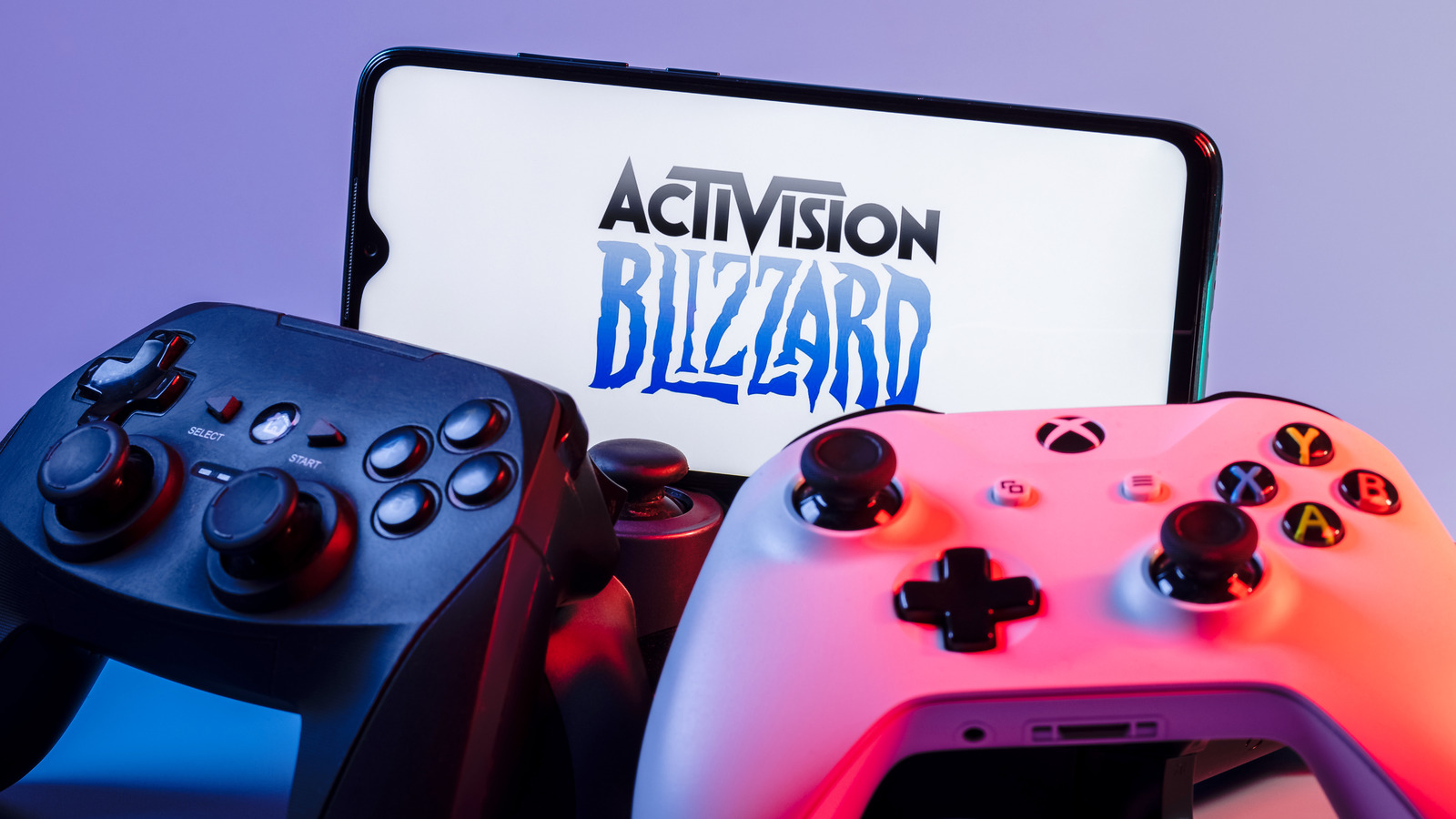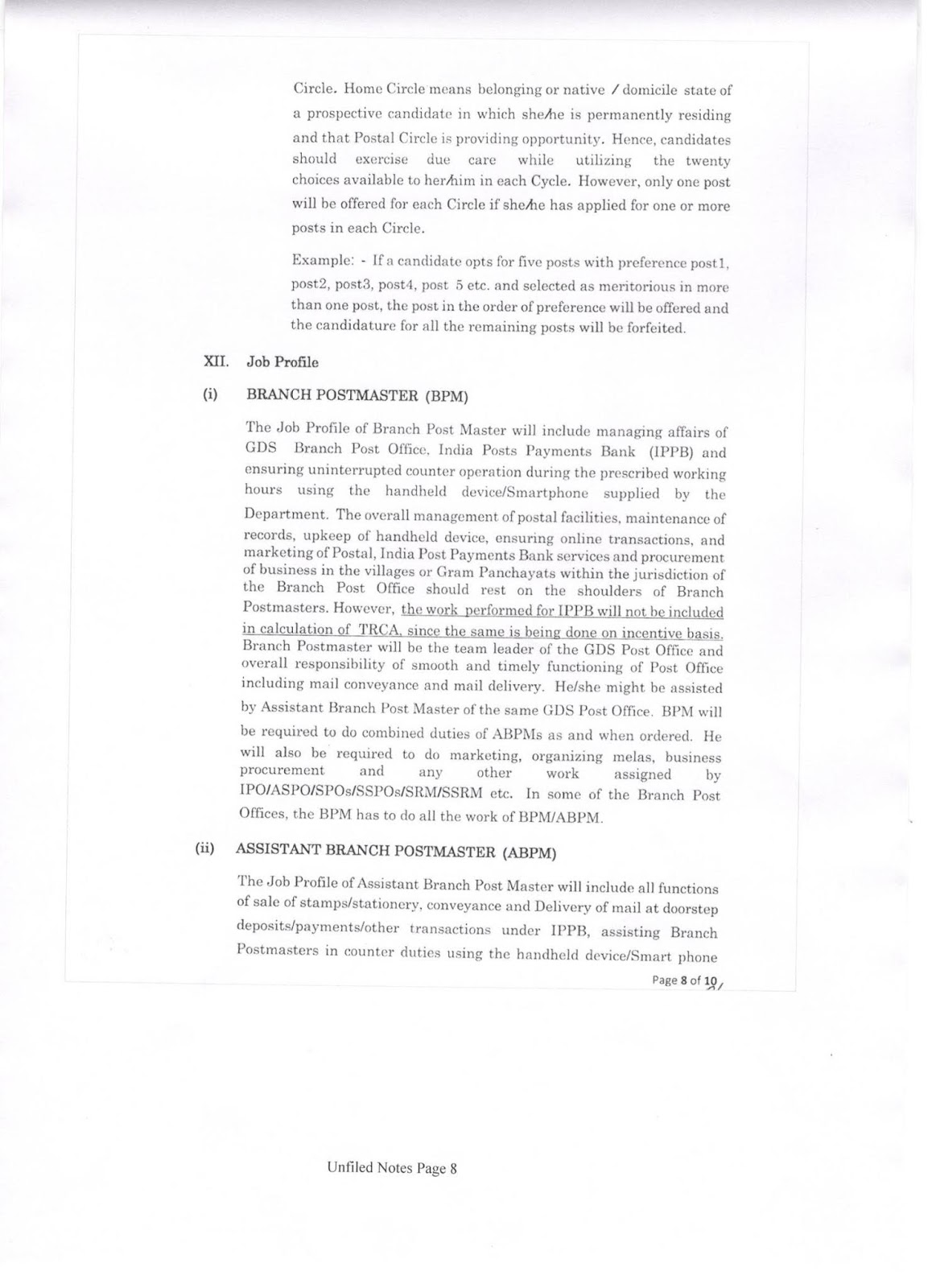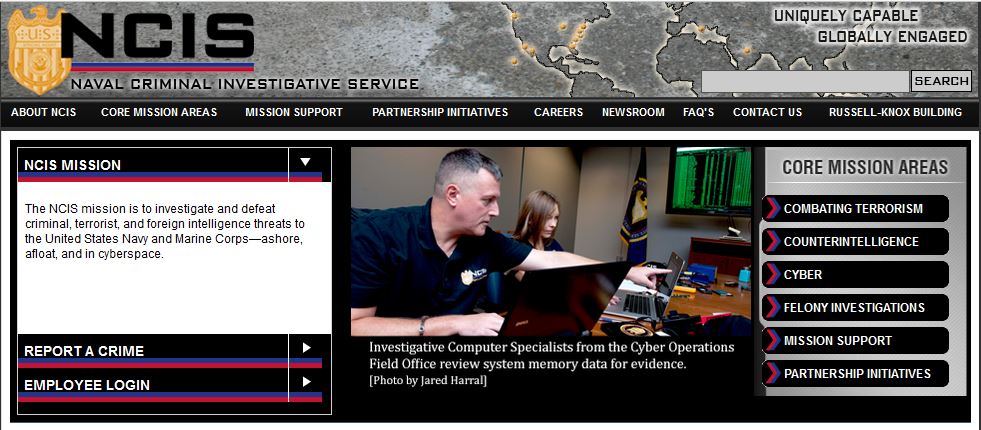Activision Blizzard Acquisition: FTC's Appeal And What It Means

Table of Contents
The FTC's Case Against the Merger
The FTC argues that the Microsoft-Activision Blizzard acquisition is anti-competitive and will harm consumers. Their primary concern centers around the potential for Microsoft to leverage its control over Activision Blizzard's valuable properties to stifle competition and create a monopoly.
Concerns about Anti-competitive Practices
The FTC's core argument rests on several pillars, all pointing towards a reduction in competition and consumer choice:
-
Call of Duty Exclusivity: A major concern revolves around Call of Duty. The FTC fears Microsoft could make this incredibly popular franchise exclusive to Xbox, severely damaging competitors like PlayStation. This would give Microsoft an unfair advantage, potentially locking players into the Xbox ecosystem.
-
Cloud Gaming Dominance: The acquisition significantly strengthens Microsoft's position in the rapidly growing cloud gaming market. The FTC worries this consolidation could lead to reduced innovation and higher prices for cloud gaming services.
-
Stifling Innovation: By controlling such a large portion of the gaming market, the FTC believes Microsoft could stifle innovation by suppressing competition and limiting the development of new and exciting games.
-
Impact on Pricing and Game Quality: Reduced competition often leads to higher prices and potentially lower quality games as there's less incentive for companies to innovate or offer competitive pricing.
Evidence Presented by the FTC
The FTC supports its claims with substantial evidence, including:
-
Market Share Analysis: Data presented shows the significant market share Microsoft would gain, demonstrating their potential for market dominance post-acquisition.
-
Rival Developer Testimony: The FTC gathered testimony from rival game developers expressing concerns about the potential for anti-competitive behavior and reduced opportunities in the market.
-
Examination of Microsoft's Past Practices: The FTC examined Microsoft's past business practices to assess their potential behavior post-acquisition, focusing on any historical instances that might support their claims.
Microsoft's Defense
Microsoft vigorously defends the acquisition, arguing it will benefit gamers and the industry as a whole.
Arguments for the Acquisition's Benefits
Microsoft counters the FTC's concerns by highlighting the following points:
-
Call of Duty on PlayStation: Microsoft repeatedly pledged to keep Call of Duty on PlayStation, emphasizing its commitment to maintaining the game's accessibility across multiple platforms.
-
Expanding Game Access via Cloud Gaming: They highlight plans to bring more games to more players through expanded cloud gaming services, suggesting increased accessibility rather than reduced competition.
-
Investment in Game Development and Innovation: Microsoft asserts the acquisition will lead to increased investment in game development, resulting in higher quality games and more innovative titles.
-
Increased Competition with Tech Giants: They argue the merger will allow them to better compete with other tech giants like Sony and Tencent, ultimately benefiting consumers through increased competition.
Addressing FTC's Concerns
Microsoft attempted to alleviate the FTC's concerns through various proposed remedies and commitments:
-
Long-Term Licensing Agreements for Call of Duty: Microsoft offered long-term licensing agreements to guarantee Call of Duty's continued availability on PlayStation.
-
Independent Monitoring of Microsoft's Practices: They proposed independent monitoring of their practices to ensure they adhere to fair competition standards.
-
Commitments to Maintain Fair Competition in Cloud Gaming: Microsoft outlined commitments to ensure fair competition within the cloud gaming market.
Implications for Gamers
The outcome of the FTC's appeal will significantly impact gamers worldwide.
Potential Impact on Game Availability and Pricing
The acquisition's success or failure will directly affect:
-
Exclusive Titles or Higher Prices: The potential for Call of Duty exclusivity or higher prices on competing platforms is a significant concern for gamers.
-
Impact on the Gaming Ecosystem: The case's outcome will reshape the gaming ecosystem and consumer choice, impacting the availability and cost of many games.
The Future of Console Wars and Market Competition
This case sets a crucial precedent:
-
Increased Regulatory Scrutiny: Expect increased regulatory scrutiny for future gaming mergers and acquisitions.
-
Stricter Antitrust Enforcement: This case could lead to stricter antitrust enforcement in the gaming industry.
-
Long-Term Effects on Exclusivity: The long-term effects on console exclusivity and market dominance will be significant, impacting how gamers experience their favorite titles.
Conclusion
The FTC's appeal against the Microsoft-Activision Blizzard acquisition is a pivotal moment for the gaming industry. The outcome will have far-reaching consequences for gamers, developers, and the competitive dynamics of the market. Understanding the FTC's concerns and Microsoft's responses is crucial for navigating this evolving landscape. Staying informed about the Activision Blizzard acquisition and its ongoing legal battles is essential for anyone invested in the future of gaming. Keep an eye out for updates as this important case unfolds and learn more about the implications of this significant merger and the role of antitrust regulation in the gaming world.

Featured Posts
-
 Cat Deeleys Mint Velvet Dress Spotted At Liverpool One
May 23, 2025
Cat Deeleys Mint Velvet Dress Spotted At Liverpool One
May 23, 2025 -
 Italian Citizenship Revised Eligibility Criteria For Great Grandchildren
May 23, 2025
Italian Citizenship Revised Eligibility Criteria For Great Grandchildren
May 23, 2025 -
 Millions Made From Executive Office365 Account Breaches Fbi Investigation
May 23, 2025
Millions Made From Executive Office365 Account Breaches Fbi Investigation
May 23, 2025 -
 Crawleys Heroics Secure Draw Against Gloucestershire In County Cricket
May 23, 2025
Crawleys Heroics Secure Draw Against Gloucestershire In County Cricket
May 23, 2025 -
 Tiffany Derry Back On Tv As Master Chef Judge
May 23, 2025
Tiffany Derry Back On Tv As Master Chef Judge
May 23, 2025
Latest Posts
-
 Joe Jonas The Unexpected Reaction To A Marital Dispute
May 23, 2025
Joe Jonas The Unexpected Reaction To A Marital Dispute
May 23, 2025 -
 Joe Jonass Perfect Response To A Couples Fight Over Him
May 23, 2025
Joe Jonass Perfect Response To A Couples Fight Over Him
May 23, 2025 -
 Unexpected Joe Jonas Concert Thrills Fort Worth Stockyards Crowd
May 23, 2025
Unexpected Joe Jonas Concert Thrills Fort Worth Stockyards Crowd
May 23, 2025 -
 Fort Worth Stockyards An Unforgettable Night With Joe Jonas
May 23, 2025
Fort Worth Stockyards An Unforgettable Night With Joe Jonas
May 23, 2025 -
 Dc Legends Of Tomorrow Frequently Asked Questions And Answers
May 23, 2025
Dc Legends Of Tomorrow Frequently Asked Questions And Answers
May 23, 2025
